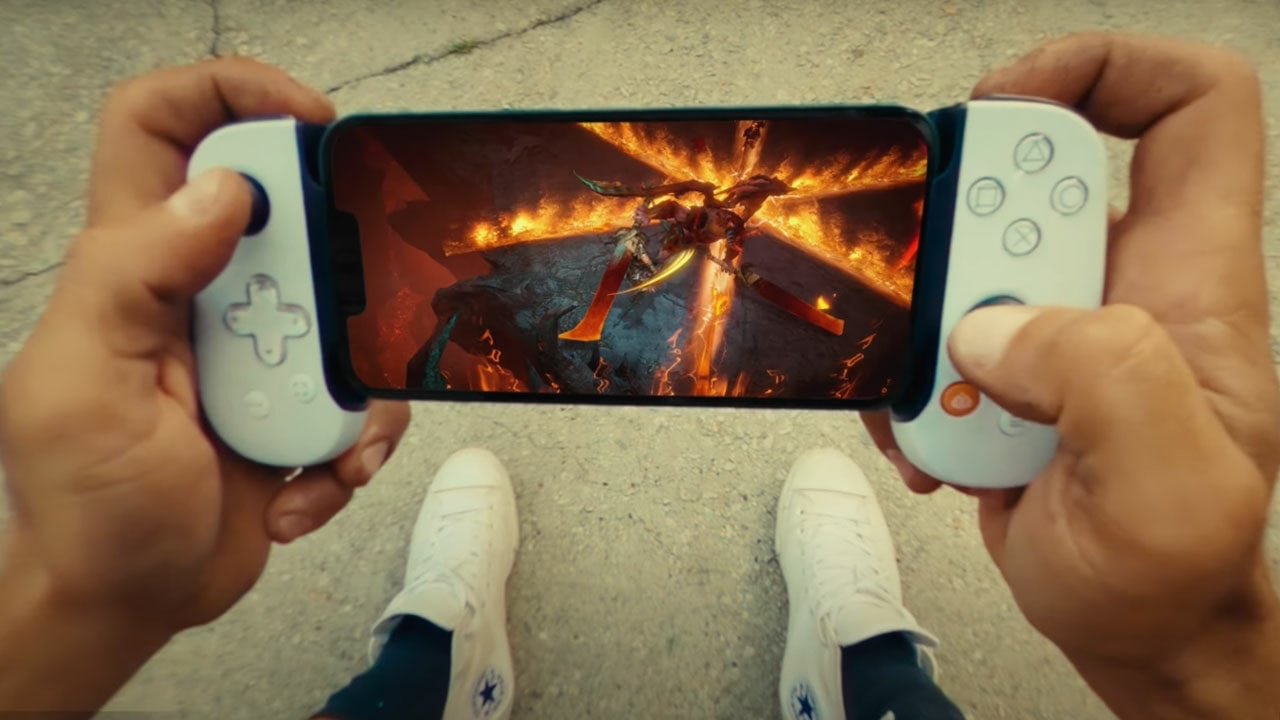Things are about to get interesting in the gaming industry—we’re on the verge of something big. Mobile games now generate nearly more revenue than console and PC gaming combined, yet dedicated gaming consoles continue to sell in the millions. Smartphones are evolving so quickly that it makes you wonder: Will mobile games eventually replace game consoles altogether? This shift isn’t just a technical upgrade—it’s a complete transformation in how we interact with and enjoy games.
The Rise of Mobile Gaming Power
Modern smartphones have undergone a remarkable technological evolution. Today’s flagship devices offer processing power that rivals dedicated gaming hardware from just a few years ago. The latest chipsets from Apple, Qualcomm and MediaTek deliver performance once unimaginable in handheld devices. Ray tracing—once exclusive to high-end PCs—has now made its way to mobile platforms. Games like Genshin Impact and Diablo Immortal showcase console-quality experiences running smoothly on pocket-sized devices.
In addition, cloud gaming services such as Xbox Cloud Gaming and Nvidia GeForce Now bypass hardware limitations entirely, enabling smartphones to stream games once restricted to high-end gaming rigs. As 5G networks expand globally, the technical barriers separating mobile and console experiences continue to fade.

Mobile platforms have revolutionized the way users engage with competitive card games, offering sleek, responsive apps that allow players to join virtual tables and events from anywhere with just a tap. Many of the best poker sites online now feature a range of fair-play formats, exciting multiplayer competitions with impressive prize pools, fast withdrawals supported by flexible payment options, and appealing perks such as welcome bonuses, free credits, and cashback rewards.
Accessibility and Market Penetration
The widespread presence of smartphones gives mobile gaming its biggest advantage. While the latest PlayStation or Xbox may cost $500 or more, before factoring in peripherals and games, virtually everyone already owns a capable gaming device in their pocket. This level of accessibility has expanded gaming to demographics previously untouched by traditional console manufacturers.
The numbers tell a compelling story: over 2.9 billion mobile gamers worldwide compared to roughly 800 million console players. This massive user base creates financial incentives for developers that console platforms struggle to match. Free-to-play models with optional microtransactions have proven immensely profitable, allowing developers to reach broader audiences than the traditional $70 upfront purchase model.
The Evolving Control Interface
One persistent challenge for mobile gaming has been control interfaces. Touch screens, while versatile, lack the tactile feedback and precision of physical controllers. Several new developments mean the gap is getting smaller and smaller; we’re making real progress.

Mobile-specific controllers from companies like Backbone, Razer, and GameSir transform smartphones into handheld consoles with physical buttons and analogue sticks. Game designers have gotten super creative with touchscreen controls. Now, even complex games are easy to play without using a physical controller.
Bluetooth connectivity allows for seamless pairing with traditional console controllers, providing familiar control options for more demanding games. The boundaries between mobile and console gaming experiences continue to blur from an input perspective.
Social Integration and Casual Appeal
Mobile platforms excel at social integration. The ability to instantly connect with friends through existing social networks removes friction from multiplayer experiences. Games like Among Us have shown how mobile titles can quickly become cultural phenomena, thanks in part to this seamless connectivity.

The casual, drop-in nature of mobile gaming fits modern lifestyles. While console sessions often require dedicated time and space, mobile games allow for brief bursts of play during commutes or breaks. This flexibility appeals to adults with limited gaming time—a substantial demographic that traditional consoles often struggle to capture.
This shift has also encouraged more cross-platform features, letting players join friends regardless of device. Leaderboards, chat functions and quick-match options make jumping into a game fast and easy. As more people play socially, mobile gaming becomes less about solo play and more about shared moments and group fun.
Console Manufacturers’ Response
Console makers recognize these trends and are adapting accordingly. Nintendo’s Switch demonstrated the appeal of hybrid gaming experiences that blend portable and traditional console play. Microsoft has pivoted toward an ecosystem approach with Xbox Game Pass, emphasizing software and services across multiple platforms, including mobile devices.
Sony’s PlayStation Portal and various PlayStation mobile initiatives signal acknowledgement that gaming’s future isn’t tied exclusively to living room hardware. These strategic shifts suggest the industry recognizes that the traditional console model requires evolution to remain relevant.

The Case for Coexistence
Despite mobile gaming’s advantages, traditional consoles maintain distinct strengths that ensure their continued relevance. The dedicated gaming experience, free from notifications, calls, and other smartphone distractions, creates an immersion that mobile devices struggle to match.
Hardware optimization remains a console advantage. When developers target specific fixed hardware, they can extract performance that exceeds what’s possible on general-purpose devices with similar specifications. This optimization gap ensures console games can deliver visual and technical experiences beyond mobile capabilities for equivalent hardware costs.
Additionally, certain game genres remain better suited to traditional console experiences. Complex strategy games, fighting game titles, and epic narrative-driven RPGs benefit from larger screens and more nuanced control schemes. These genres maintain dedicated audiences that keep console gaming viable.
Conclusion
Mobile gaming is expanding fast, reaching new players and markets. But it’s not replacing consoles, it’s blending with them. Games, content, and progress are starting to flow smoothly between mobile and console, creating a more connected experience. Consoles might change shape, but their appeal as dedicated hardware stays strong. The future belongs to platforms that work together, not compete. In the end, it’s the players who win, with more ways to play and more flexibility than ever.



